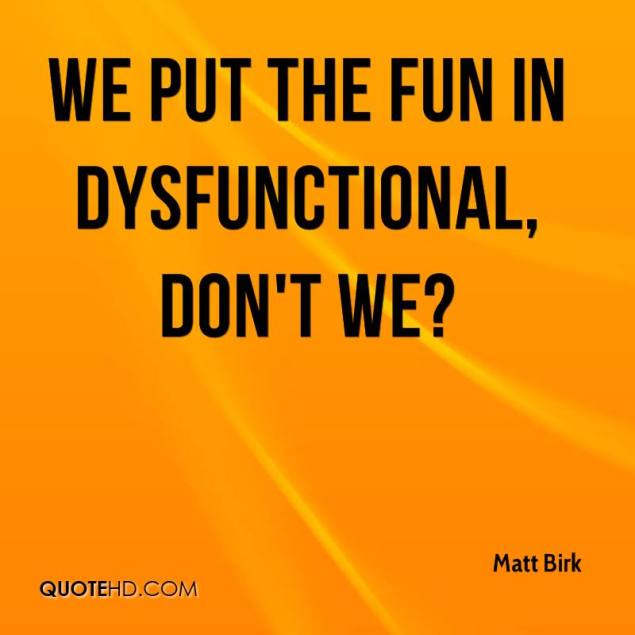Uncategorized
Hiring Religion and Peopleware
These are two of my favorite references / readings on structuring people and teams: Paul English’s “Hiring Religion” blog post, and the book “Peopleware: Productive People and Teams,” by DeMarco and Lister, which just got a new 3rd edition.
Both are really worth your time to read. Please go read them if you haven’t yet 🙂
It’s amazing to see how well these have stood the test of time. While there were pieces that I disagreed with originally in both sources, and pieces that have changed a bit with technology, these are mostly tactical. The principles both advocate are just as true today, if not more so (in a more competitive market…) than they were at the time of publication.
More interesting are the pieces I disagreed with originally, and have since come around, been proven wrong, learned better, or some combination there. For example, in English’s essay, hiring criterion #4 is “lack of dysfunctional behavior.” I used to think if someone were awesome in a given function or skill, an organization can be designed around them to accommodate / emphasize that, while minimizing (or even nullifying) the effects of their dysfunctions. I was mistaken, something I’ve learned painfully.

Dysfunctional quote from QuoteHD.com / Matt Birk.
In Peopleware (2nd edition anyhow; I haven’t read the 3rd edition yet), there’s a chapter about office paging systems. It was amusing to read then about how the public announcement (“PA”) system could go on at any time and page you, repeatedly and loudly, until you responded. While many organizations have done away with this at first glance, it’s easy to reproduce and happens today in chat system notifications, including Slack, HipChat, and other recent ones, if not configured correctly. Moreover, much of this is not about technical configuration, but about human cultural norms related to communications.

“Trying to be creative in a Dilbert world” by Todd Leopold for CNN
We tend to emphasize reading “the latest,” be it this year’s best-selling lists, popular blogs and social media feeds, or other sources. Now that I’ve been working for a little while, it’s interesting to see which sources have stood the test of time. What are your favorites?
Discussion